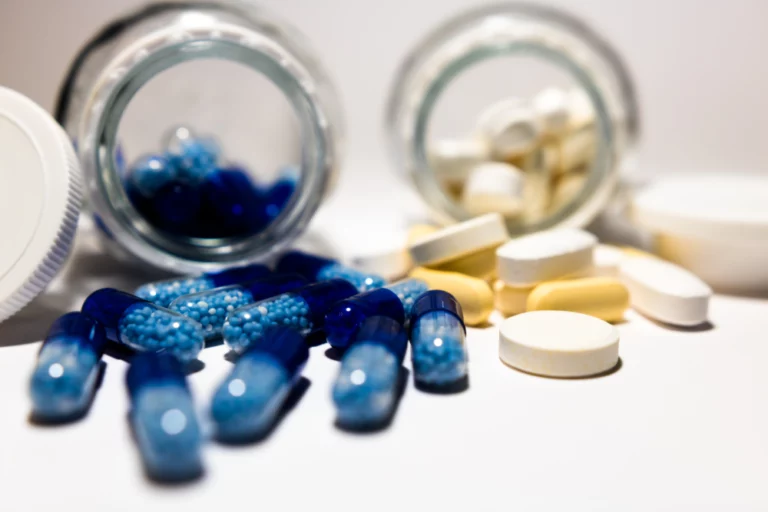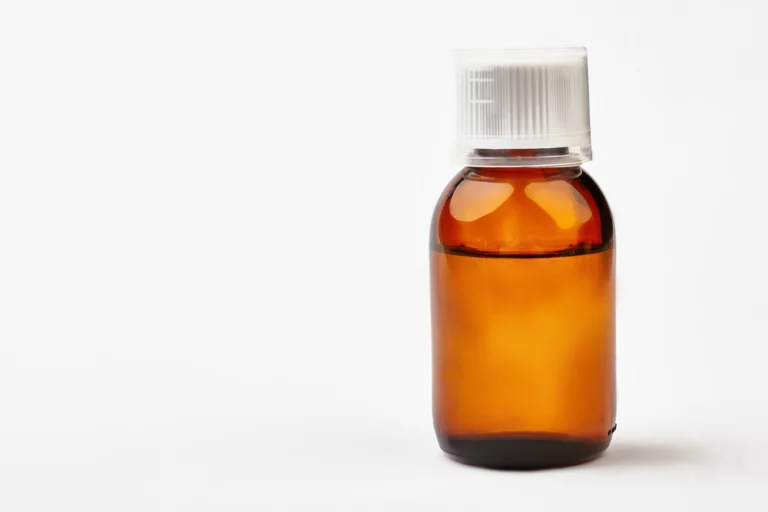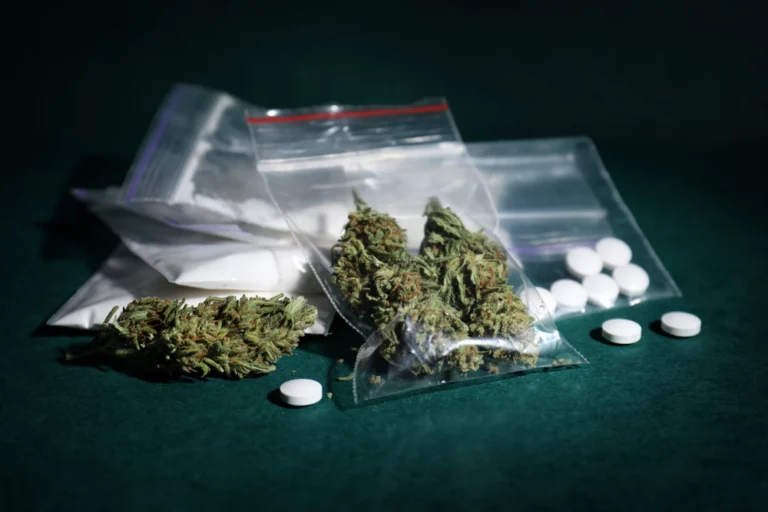Your Friend Might Be Addicted to Heroin: Signs to Look For
Seeing a friend addicted to heroin can be one of the most painful experiences you will ever experience in life. It is easy to become confused, frustrated, helpless, and sad.
According to the Centers for Disease Control and Prevention, More than 13,000 Americans died from a heroin overdose in 2020, a death rate of over four deaths per 100,000 persons. heroin-related overdose deaths were seven times higher in 1999 than in 2020. Nearly 20% of all opioid deaths involved heroin.
If you suspect that your friend is having trouble resisting heroin and is developing a reliance on it, now is the time to intervene. By understanding the signs of heroin addiction and suggesting treatment, you can assist with the recovery process. There are concrete and successful ways you can offer your support. Here’s where to start.
What is Heroin?
Heroin is produced from the opium poppy plant, which grows in Mexico, Asia, and South America. It’s been banned in the United States since 1924. Heroin appears as a white or brown powder or a black ‘tar’ substance. It is also known as horse, smack, junk, and brown sugar, among other names. Heroin can be injected, snorted, or smoked. Most users inject heroin intravenously. It reaches the brain rapidly regardless of the way it is administered. Heroin is highly addictive and, even after one to two uses, difficult to abstain from.
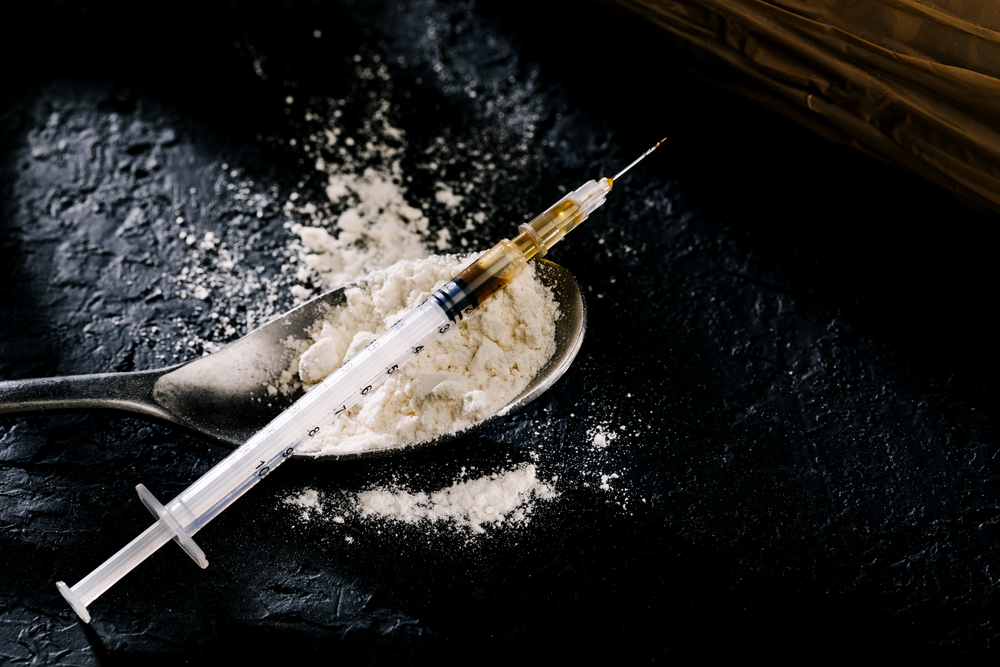
Heroin Use and Addiction
Heroin is a highly addictive opioid. It stimulates the brain’s dopamine receptors, resulting in a temporary burst of pleasure. This euphoric rush is one of the many drug side effects that lead some people to want more of it. With chronic opioid use, the brain stops producing dopamine naturally. To get the same amount of pleasure, a person must take higher or more frequent doses of opioids.
Opioid use disorder may begin with prescription painkillers after a surgical procedure or some other injury. Heroin is similar to these medications in how it operates. If a person becomes dependent on these drugs and can no longer obtain them, they may pursue illegal substances such as heroin to achieve the same pleasurable sensations. Although not everybody who takes painkillers or recreational substances becomes addicted, some people will not be able to stop taking them.
Anyone can become addicted to opioids and develop an opioid use disorder. No one can predict whether they will develop an opioid use disorder, but there are certain factors that may increase their likelihood of becoming addicted to drugs. These include being around risky people or environments, having a genetic predisposition for addiction, having a drug history, or suffering from mental health issues.
Signs of Heroin Use or Addiction
The National Institute on Drug Abuse lists several signs of heroin use in addition to more obvious signs that your friend or loved one may attempt to hide. Here is what to look for to determine whether they have been using heroin:
- Flushed skin
- Dry mouth
- Lethargy
- Itching
- Difficulty concentrating
- Poor personal hygiene
- Extreme mood swings
- Slow breathing
- Slurred speech
- Dilated pupils
- Weight gain/loss
- Loss of interest in activities once enjoyed
- Self-isolation
- Financial issues
- Legal troubles
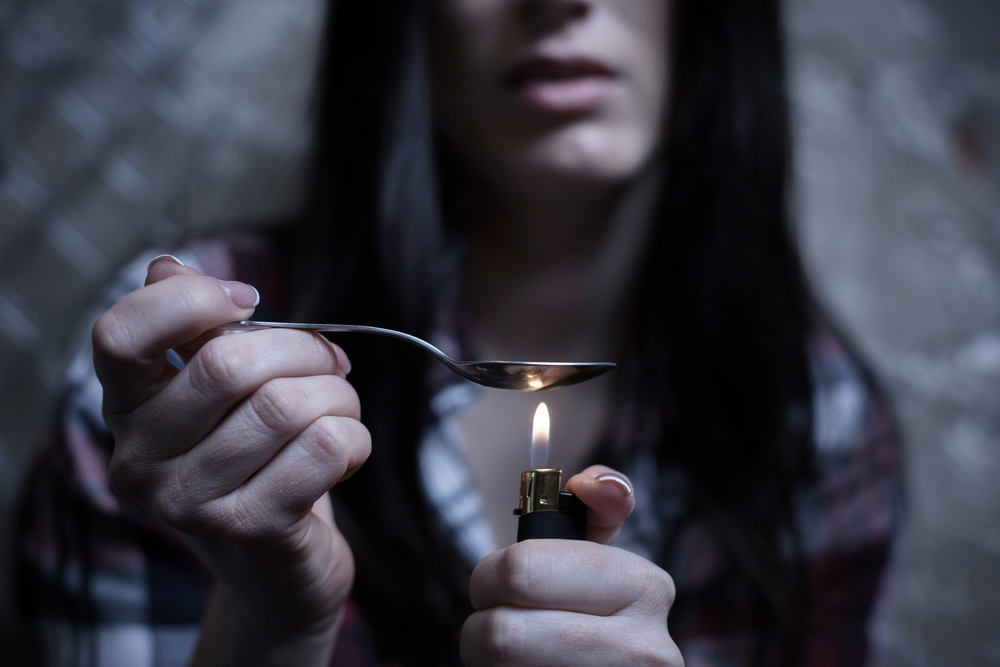
Signs that Heroin Addiction has Developed
A person’s body will crave heroin after consuming it, as it binds to opioid receptors in the brain. Your mind will be tricked into ignoring the harmful consequences of slowed breathing and nausea, and will instead focus on obtaining the same level of pleasure.
When a person first tries heroin, they might only need a small amount. As a result of your body’s growing tolerance, you’ll need more of the drug in order to feel the same sensations again. Here are some indications that your loved one has developed a higher tolerance, and addiction is imminent:
- They require more heroin to achieve the same effect
- Stealing money
- Experiencing withdrawal when not using heroin
- Track marks
- Increasingly participating in risky behaviors
- Disorientation
- Change in personality
Signs of Heroin Overdose
According to the National Institute on Drug Abuse, your chances of encountering a heroin overdose are rising, because more Americans are transitioning from misusing prescription opioids to heroin. Can you spot the signs as a spouse, family member, friend, or bystander? Here’s what to look for:
- Shallow breathing
- Unconsciousness
- Pale skin
- Blue tint to lips
- Inability to speak
- Vomiting
- Seizures
- Choking sounds
- Clammy skin
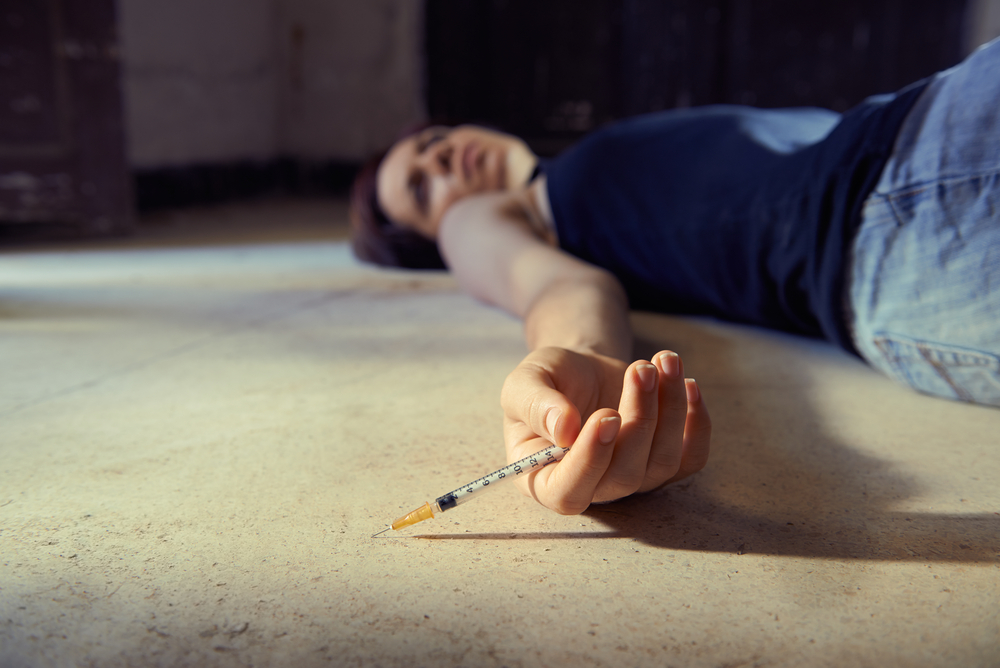
Signs of Heroin Withdrawal
Everyone who stops using heroin will experience withdrawal differently. The length someone has used heroin, how it was abused, and the amount taken each time will determine how dependent the brain and body are on the substance. Withdrawal severity and length, therefore, will vary. Someone who has a history of mental illness or prior opioid withdrawal may experience more intense withdrawal symptoms.
When someone takes heroin, he or she experiences a rush of pleasure. Withdrawal symptoms, in contrast to the intoxication effects, are characterized by reduced heart rate, sedation, and lethargy. Withdrawal symptoms include low mood, anxiety, and rapid heart rate, along with the following:
- Nausea
- Irritability
- Chills
- Tremors
- Fatigue
- Diarrhea
- Anxiety
- Depression
- Insomnia
- Muscle spasms
- Rapid heart rate
- Intense cravings
What to Do if Your Loved One is Using Heroin
The use of drugs by family members or loved ones can have a wide range of negative consequences for those around them. Addiction to heroin can have serious physical, mental, financial, and environmental repercussions for the people who care about them most. You can assist your loved one in overcoming heroin addiction by knowing how to provide the appropriate assistance.
Educate Yourself on Addiction
Your loved one’s substance dependence might require a unique treatment and rehabilitation strategy. You can obtain information about drug addiction from websites with a medical or scientific focus or from trustworthy institutions such as the government or universities. Not everything you read about drug addiction on the internet is accurate or realistic. It is critical to understand the nature of your loved one’s addiction in order to anticipate how addicts behave and how to address them.

Seek Professional Help
Your loved one’s drug addiction may be a symptom of another health problem, such as an undiagnosed mental health issue. Look into local drug rehab clinics and hospitals that provide inpatient treatment. Determine whether a facility that addresses all aspects of health can assist your loved one in overcoming his or her addiction. It may be the difference between permanent and temporary recovery.
Speak with a Therapist
In addition to finding out about addiction treatment resources, family members may benefit from seeing a therapist or family counselor. It can be challenging to live with an addicted loved one, particularly if you are confused or stressed. Family therapy may help confused or stressed parents, children, or romantic partners to cope. After all, you can’t help anyone if you’re unable to help yourself first.
Set Boundaries
It is crucial to offer your loved one emotional support, but do not enable his or her substance abuse. You should not give your loved one money in order to continue buying drugs or alcohol; however, you should let him or her know that you are ready and willing to assist him or her in finding help.
Encourage Them to Get Help
Rather than ignoring your friend or family member’s drug use, accept the addiction and its negative impact on your relationship. Encourage your loved one to go to a doctor’s appointment, therapy session, anonymous support group meeting, or detoxification.
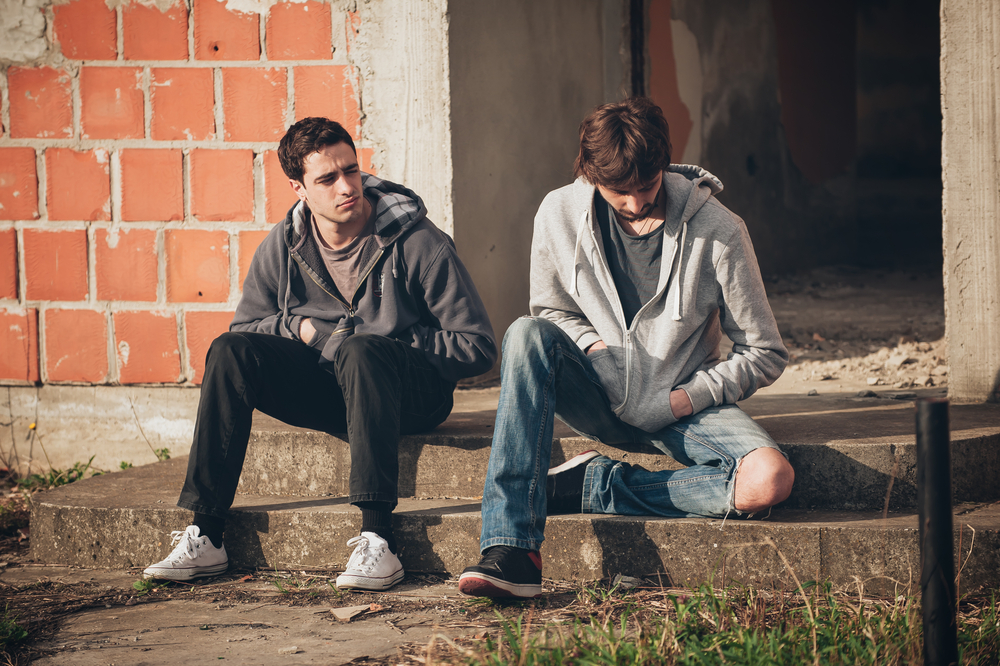
Stage an Intervention
The most effective interventions are those that are professionally planned and delivered. Your loved one may become even more addicted to their substance of choice if an intervention goes wrong. Who should be present, how the intervention will be conducted, who will lead it, and what activities it will include are all important questions to consider. Some interventions involve relatives reading letters aloud to the addict or sharing their personal feelings about the difficulty of watching someone they love struggle with substance abuse. Your reaction to your loved one’s response will determine what actions you will take.
Heroin Addiction Treatment at Oasis Recovery Center
The first step in helping someone overcome heroin addiction and begin their journey to recovery is getting them into treatment. At Oasis Recovery Center in Asheville, we provide heroin addiction treatment programs that include a tailored, diversified program of traditional and alternative therapies based on your loved one’s requirements.
Through our intensive treatment programs, patients can recover physically, mentally, and psychologically from the harmful effects of heroin use and learn techniques to handle future addiction issues.
Please contact a treatment specialist today to find out more about our heroin addiction treatment options. You are not alone.



